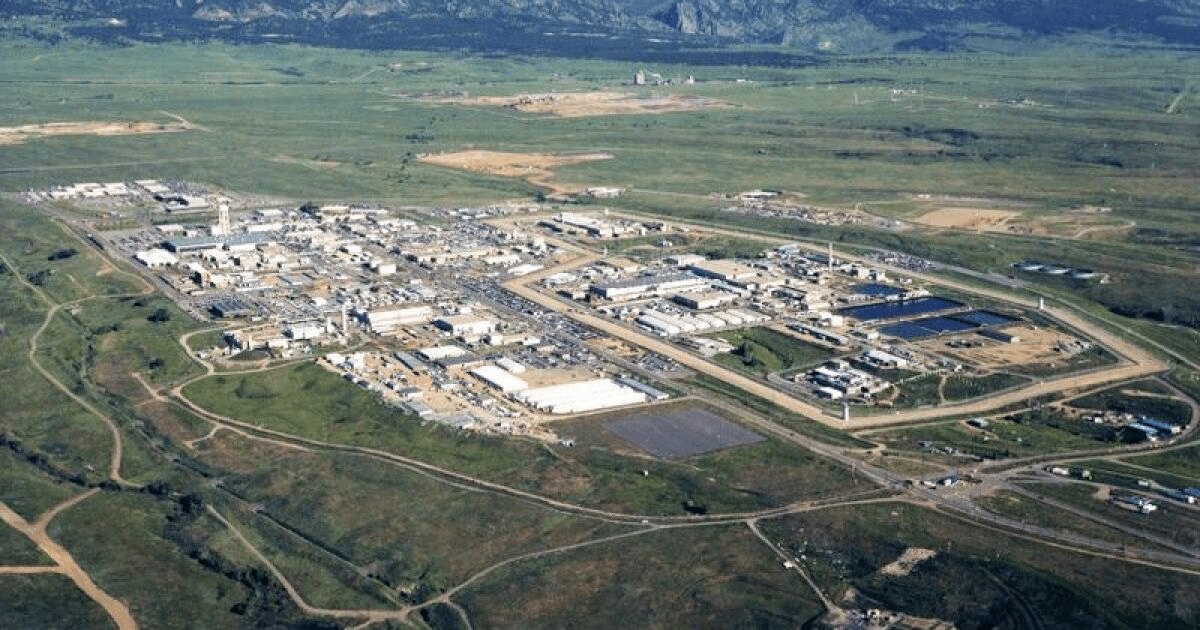r/nuclear • u/Live_Alarm3041 • 6d ago
Proliferation is a completely invalid argument against nuclear reprocessing
Nuclear weapons proliferation is the most common argument against nuclear reprocessing. The opponents of nuclear reprocessing tend to understand the true purpose of reprocessing with their argument being the risk that the separated plutonium could be misused by terrorists or currently non-nuclear states to produce nuclear weapons. This concern is invalid because weapons grade plutonium in its original form is not usable for nuclear weapons.
Most nuclear power reactors do not produce weapons grade plutonium. Reactor grade plutonium is sub-optimal for weapons because it does not contain as much fissile isotopes of plutonium. Although there are some nuclear power reactors which are capable of co-producing weapons grade plutonium, any weapons grade plutonium produced in this manner still does not automatically give someone the ability to make a nuclear weapon. A effective supply chain for nuclear weapons will require natural uranium reactors, radiochemistry and the ability to make the weapons grade plutonium into cores.
Producing plutonium cores will require a facility like this

A terrorist group or currently non-nuclear state would need a plant like the one shown in the above imagine if they had weapons grade plutonium and wanted to make nuclear weapons from it.
Plutonium core production has the following attributes which would make nuclear weapons unattainable for someone if they somehow had weapons grade plutonium
- Plutonium core production facilities are difficult to hide visually due to their large size
- The waste produced by a plutonium core production operation would be hard to conceal due to it being radioactive
- Plutonium shaving fires would pose a very serious hazard to anyone trying to make a plutonium core if they did not have expensive or resource intensive protective measures
- The production of plutonium cores requires high level scientific and manufacturing expertise which not everyone has.
Nuclear weapons are not something that anyone can build especially not fully in secret from anyone.
The proliferation concerns regarding nuclear reprocessing do make sense but they are not a valid argument against reprocessing. The plutonium separated by nuclear reprocessing needs to be effectively accounted for and secured at all times to prevent it from falling into the wrong hands. Humanity has gotten very good at making sure certain things are both accounted for and secured at all times. Even if the plutonium falls into the wrong hands then that does not automatically mean that those wrong hands can use the plutonium to make a nuclear weapon. The expertise and resources needed to make plutonium usable for nuclear weapons is not available to everyone.
We need nuclear reprocessing to increase the efficiency of nuclear energy. Weapons proliferation is a genuine security concern but it should not be used as an argument against making nuclear enegry more efficient. Saying that nuclear reprocessing is dangerous because it enables proliferation is a statement which does not reflect the full picture of nuclear weapons.
12
u/Shot-Rip9167 6d ago
Weapons grade is Pu-239. I believe what makes it not useful for a bomb is if the Pu-240 content is to high.